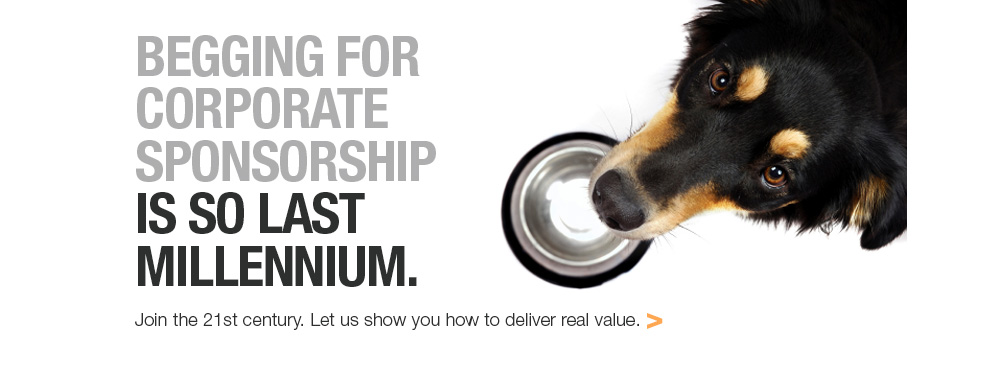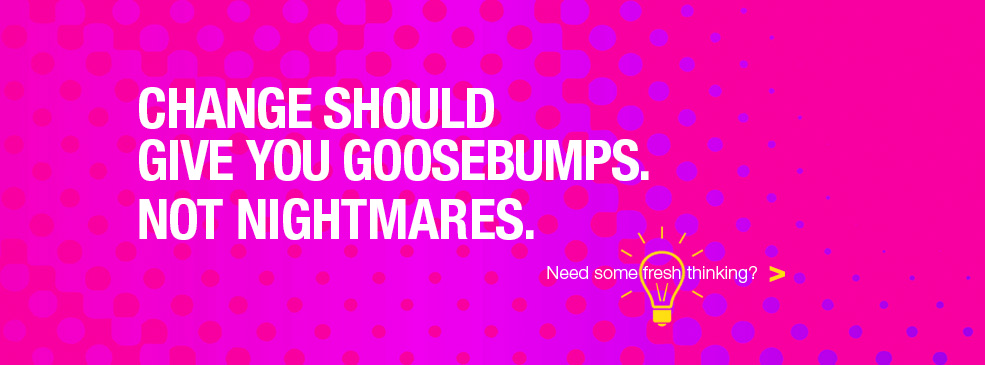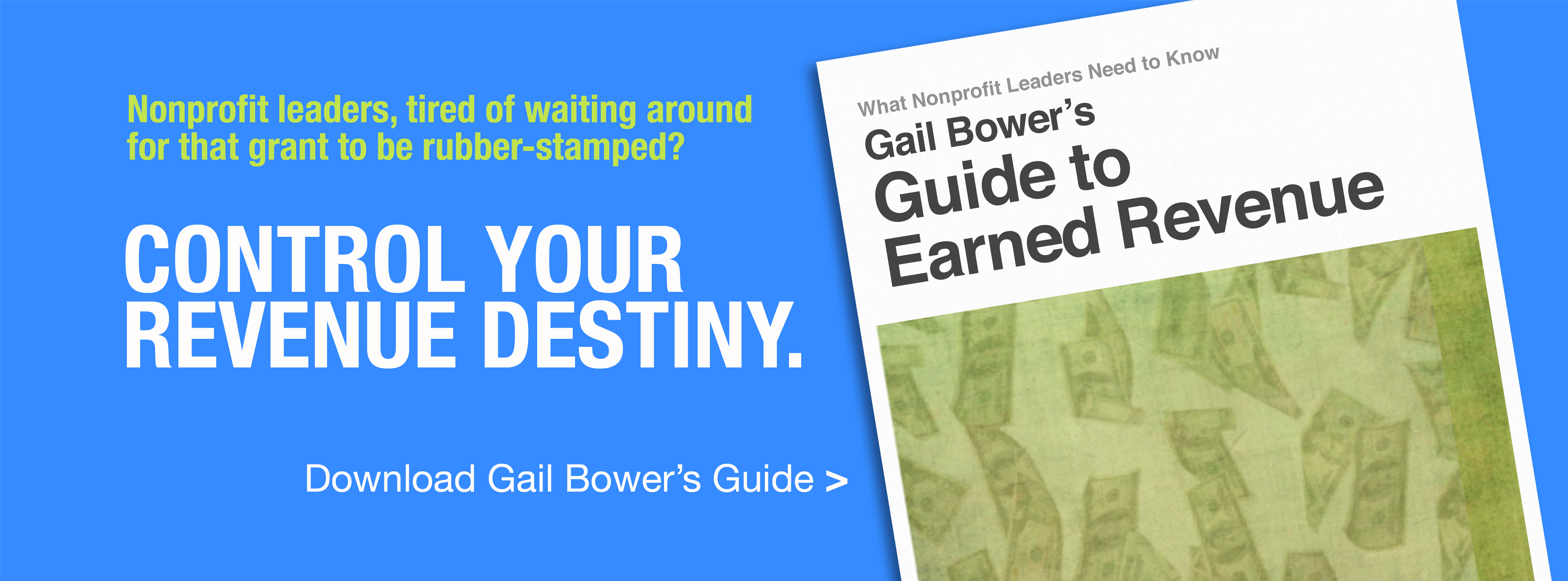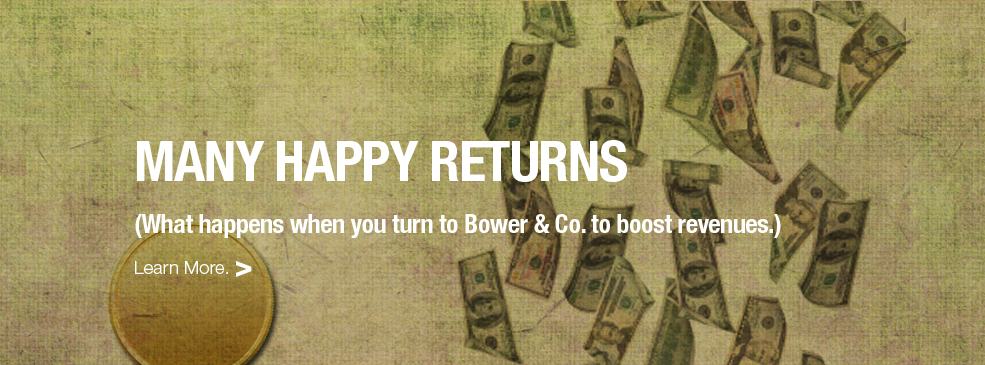How Easy Is It To Do Business With You?
By Gail S. Bower
A friend, nicely dressed and carrying a one-of-a-kind laptop case, recently walked into a mostly empty department store in Center City Philadelphia, eager to buy a new jacket. He’d been searching around, and there he hoped to end his quest. He wandered through the Men’s department, checking out the options, trying on a few that caught his eye, when he realized someone had an eye on him. Nope, not the salesperson. It was the security guard.
My friend had been in the store trying on men’s sports coats for at least thirty minutes, yet was never approached by a salesperson. Indeed the only person to pay attention to him was the overly empowered (or extremely bored) guard whose obtrusive and obvious surveillance techniques so offended my friend that he left, and not without a few harsh words. This store lost a sale.
Contrasting strategy
This same friend contrasted this experience with another he’d had as a young grad student a decade earlier. Dressed in shorts and a t-shirt on a blazing hot summer day, he went bargain hunting for a graduation suit in a mostly empty Last Call (Neiman Marcus’ first outlet store) in Austin. An aging, dapper gentleman approached and asked, genuinely, how he could help my decidedly non-dapper friend. The gentleman? None other than Stanley Marcus himself, surely now over 80 years old, yet still full of energy.
In Austin to give a lecture at the University of Texas later that day, Mr. Marcus had decided to visit the outlet store and then even took the time to wait on my friend. He explained to him the differences between types of fabric, machine-stitched and hand-stitched shoulders, and a variety of other features in men’s suits.
Two mostly empty stores, one customer looking to purchase items, and in Philadelphia he is approached only by the security guard; in Last Call he is approached by one of the most famous — and wealthiest — men in American retailing.
Retail-oriented businesses are almost too easy to detect customer service issues — and don’t even get me started on the airline industry! As illustrated by Mr. Marcus, great customer service requires a mindset of providing useful information and treating customers with dignity and respect. But still, how could the Philadelphia department store management employ salespeople so unattuned to their potential customers?
Here are a few other examples:
Movie Theater
I arrived with not much time to spare at a movie theater, and though I really wanted popcorn, I passed so I could catch the previews. However, to my surprise, I was able to do both. Just inside the theater, near the front row, a young and very enterprising employee sold popcorn (large only) and soft drinks. Not only was I impressed that he and the theater had chosen to serve customers so conveniently, but also I observed a deep sense of pride in ownership in this young man. How supportive that must have felt for him, to be able to try something, no matter whether he succeeded or failed?
Question: How comfortable are your employees with innovating new ideas in response to customer needs? Likewise, how supportive are you of employee initiatives like this?
Non-profit Arts Center
I contacted a non-profit organization whose strategies for overcoming multi-million debt dovetail with my expertise. I spent nine minutes winding my way through a voice mail morass and reached neither an executive nor an operator. Of course that system is designed to weed out unsolicited calls. However, what if I were a corporate executive with a few million dollars to invest? Do you think I’d have spent nine minutes trying to make sense of that circuitous voice mail system?
Question: If you’re in the service sector, how easy is it to do business with you?
A/V Company
Reviewing an audio-visual company’s proposal for a client’s event, I noticed that the vendor listed piles of equipment in a long sheet. Things like the DV Cam Sony PD-170 were mixed in with the Lekos and VS EIKI Projector and countless tech hours. We needed pricing on a small, medium and large set of scenarios. Instead, the vendor chose to send me an inventory of equipment I could barely decode with pricing. Why? So that it would be easy for their staff to pull the right equipment off the shelf.
Question: Do you write proposals? If so, do they make sense from the customer’s, funder’s, or the sponsor’s perspective? Do you make it easy for someone to shop with you?
Non-profit Environmental Organization
I recently supported an environmental organization and ordered four magazine subscriptions for my gaggle of nephews and niece in two households. The organization seemed to make the process fun and easy, and I felt great knowing that in some small way, these magazines would enrich these children’s lives and connect us over geographical distance. Any non-profit’s dream, right? Well, the email confirmation missed one of the four subscriptions, resulting in my having to call. The magazines were delayed, eliciting another call, and, by the way, the gift cards are back ordered by six or eight weeks, well after the delivery date of the first issue.
Question: Are you prepared for success? If your solicitation generates great results, can you service the response?
Jazz Festival
During the second year of the Big Chief VIP Experience, a high-end ticket package I helped create for the New Orleans Jazz & Heritage Festival, a very annoyed customer complained to me about having to wait in a long line because of an extra check-in process our new operation caused him and his seven guests. This man was rude to my staff, ruder still to me, but you know what? He pointed out a big problem that was easy to fix and enabled us to make subsequent customers truly feel like VIPs.
Question: How do you view complaints? As problems and annoyances? Or as opportunities to make your product, service, program, or event even better?
The experience customers and clients have with you, your colleagues or staff, and your organization, event, or operation tells a story. Make sure it’s a good story.
And my friend’s story? He took his money to a nearby Last Call where a salesman helped him find a great jacket.
Origionally published in BowerPower Papers, in 2007, Volume 2 Issue 3.
 Experience |
Experience | 






